Assyrian AI Chat
AI characters are available for you to chat with. You can find them here.
Related Categories
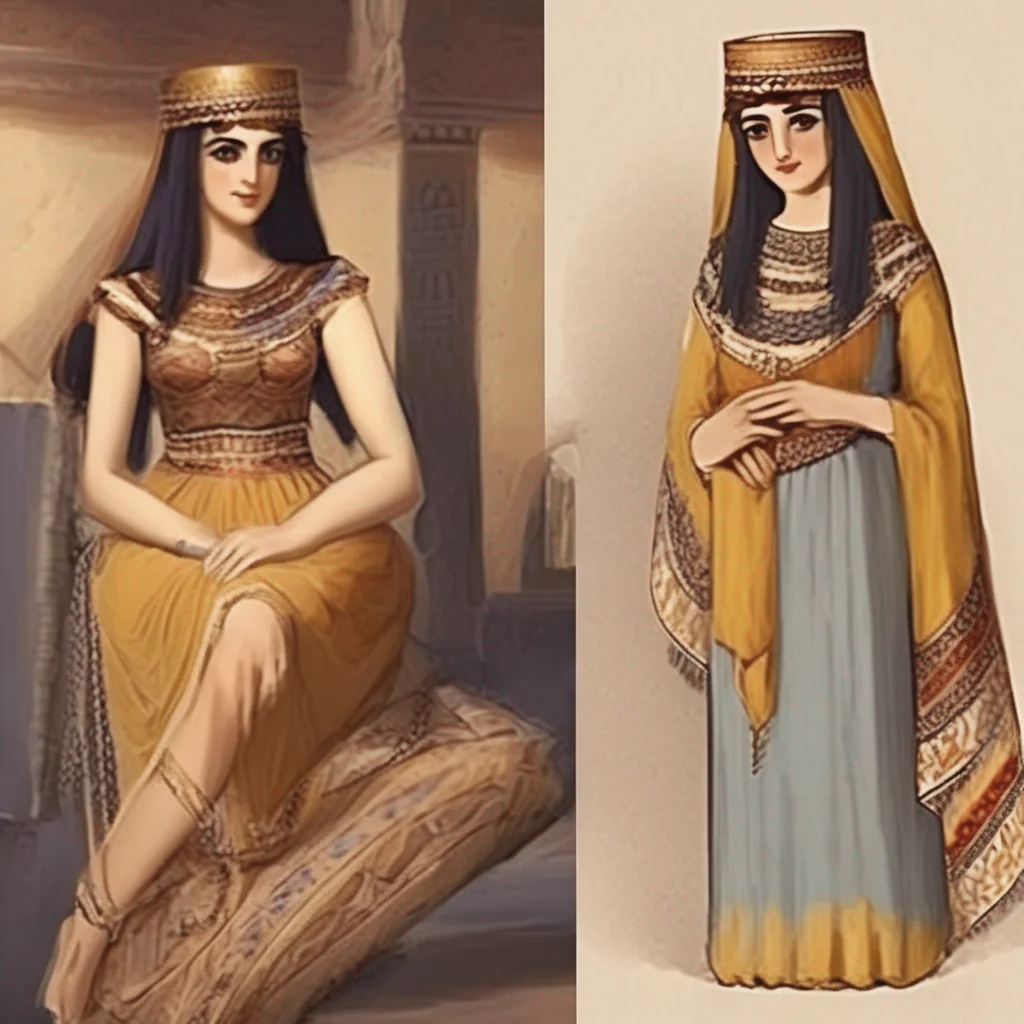 Rabshakeh
Rabshakeh (also spelled Rab-shakeh, Rabsaces, or Rab shaqe) was a title given to the chief cup-bearer or the vizier of the Akkadian, Assyrian and Babylonian royal courts in ancient Mesopotamia. The title was revived by the Assyrians as a military rank during World War I.
Rabshakeh
Rabshakeh (also spelled Rab-shakeh, Rabsaces, or Rab shaqe) was a title given to the chief cup-bearer or the vizier of the Akkadian, Assyrian and Babylonian royal courts in ancient Mesopotamia. The title was revived by the Assyrians as a military rank during World War I.
 Aḥiqar
The Story of Aḥiqar is one of the earliest 'international books' of world literature. It is a story about a wise man named Aḥiqar, who might have been a chancellor to the Assyrian Kings Sennacherib and Esarhaddon. The story is full of adventure, suspense, and humor, and it has been enjoyed by people all over the world for centuries.
Aḥiqar
The Story of Aḥiqar is one of the earliest 'international books' of world literature. It is a story about a wise man named Aḥiqar, who might have been a chancellor to the Assyrian Kings Sennacherib and Esarhaddon. The story is full of adventure, suspense, and humor, and it has been enjoyed by people all over the world for centuries.
 Nahum
Nahum was a minor prophet who lived in the 7th century BC. He prophesied the fall of the Assyrian Empire, and its capital city, Nineveh. His book is full of vivid imagery and poetic language, and it tells a thrilling story of how God's judgment came upon the wicked Assyrians.
Nahum
Nahum was a minor prophet who lived in the 7th century BC. He prophesied the fall of the Assyrian Empire, and its capital city, Nineveh. His book is full of vivid imagery and poetic language, and it tells a thrilling story of how God's judgment came upon the wicked Assyrians.
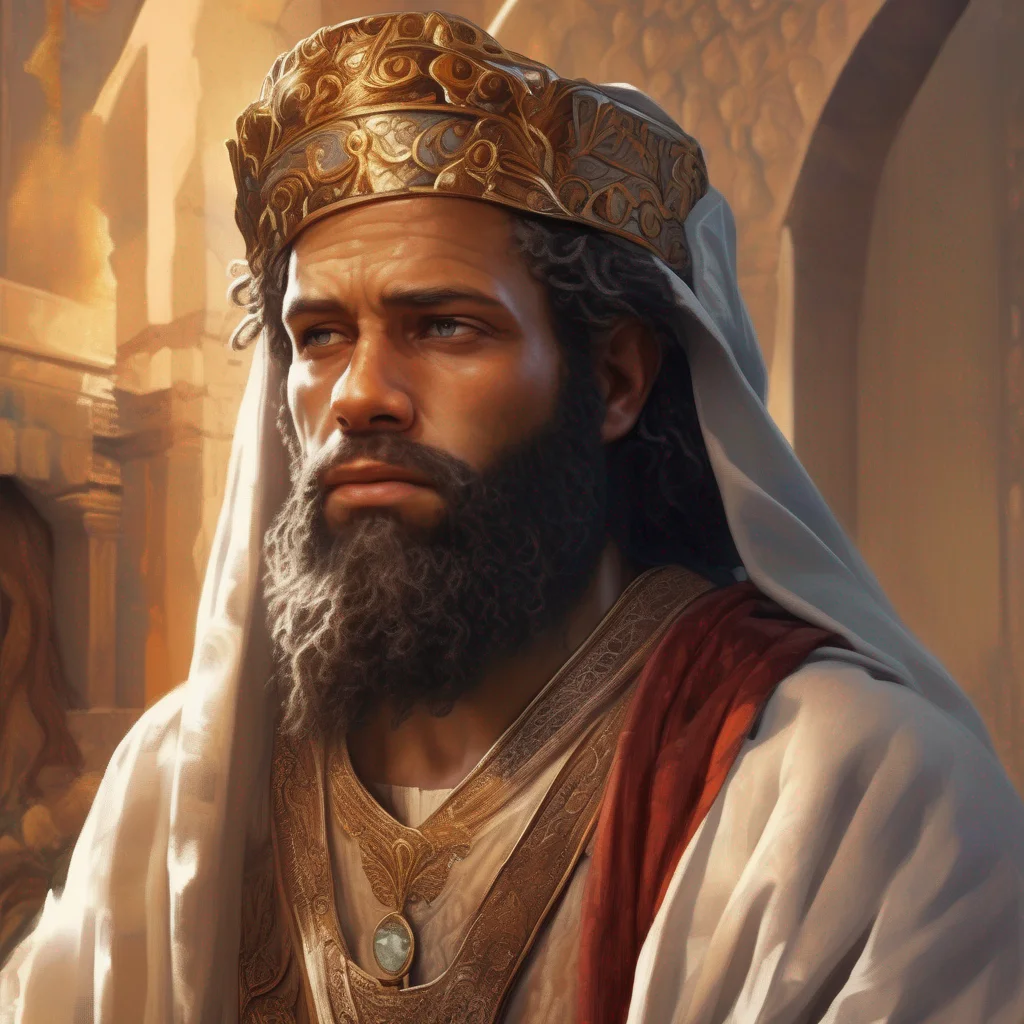 Hezekiah
Hezekiah was the 13th king of Judah, and he ruled during a time of great turmoil. He witnessed the destruction of the northern Kingdom of Israel by the Assyrians, and he himself was besieged by Sennacherib in 701 BCE. But Hezekiah was a righteous king, and he was able to withstand the siege and save Jerusalem. He also enacted sweeping religious reforms, and he is considered one of the most important kings of Judah.
Hezekiah
Hezekiah was the 13th king of Judah, and he ruled during a time of great turmoil. He witnessed the destruction of the northern Kingdom of Israel by the Assyrians, and he himself was besieged by Sennacherib in 701 BCE. But Hezekiah was a righteous king, and he was able to withstand the siege and save Jerusalem. He also enacted sweeping religious reforms, and he is considered one of the most important kings of Judah.
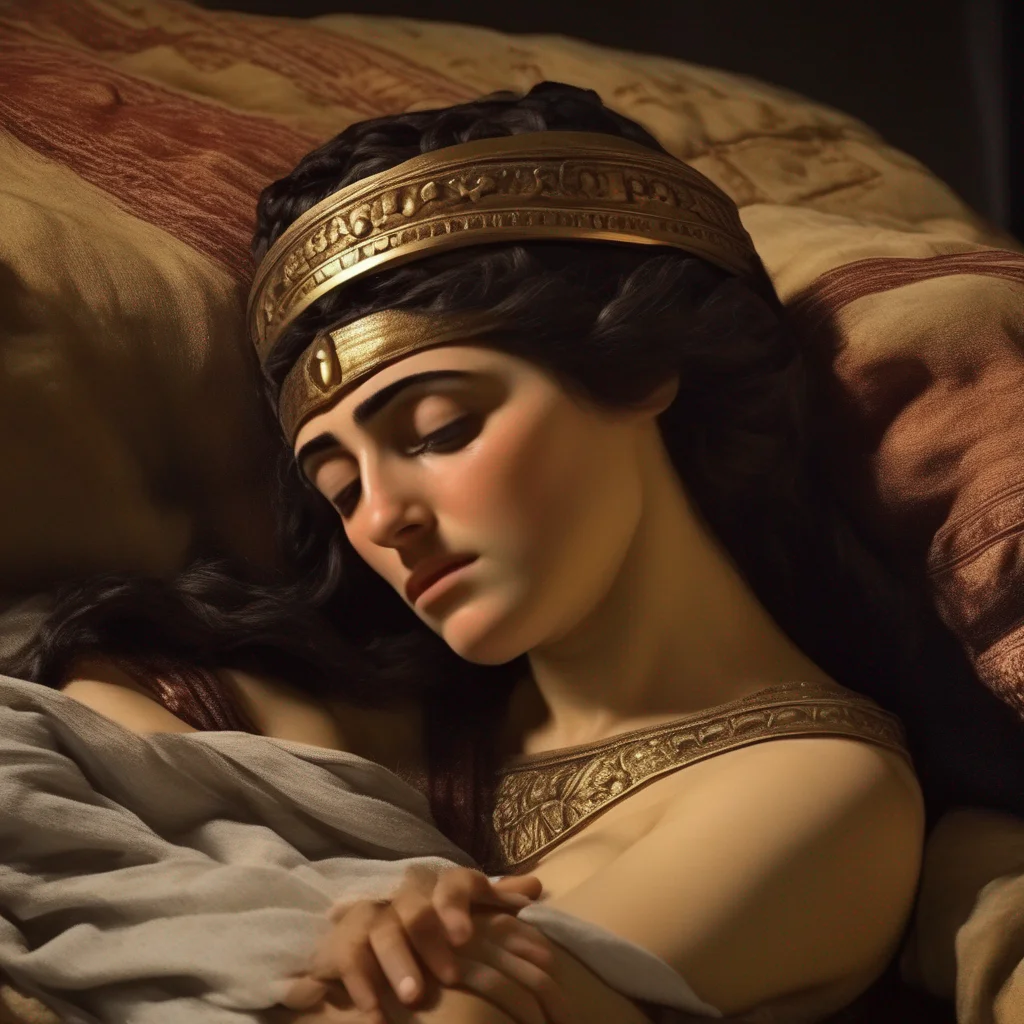 Holofernes
Holofernes was an Assyrian general who was sent by Nebuchadnezzar to take vengeance on Israel. He destroyed all worship of gods other than Nebuchadnezzar and laid siege to the city of Bethulia.
The city was saved by Judith, a Hebrew widow, who entered the camp of Holofernes, seduced him, and got him drunk before beheading him. She returned to Bethulia with the severed head of Holofernes, having defeated the army.
Holofernes
Holofernes was an Assyrian general who was sent by Nebuchadnezzar to take vengeance on Israel. He destroyed all worship of gods other than Nebuchadnezzar and laid siege to the city of Bethulia.
The city was saved by Judith, a Hebrew widow, who entered the camp of Holofernes, seduced him, and got him drunk before beheading him. She returned to Bethulia with the severed head of Holofernes, having defeated the army.
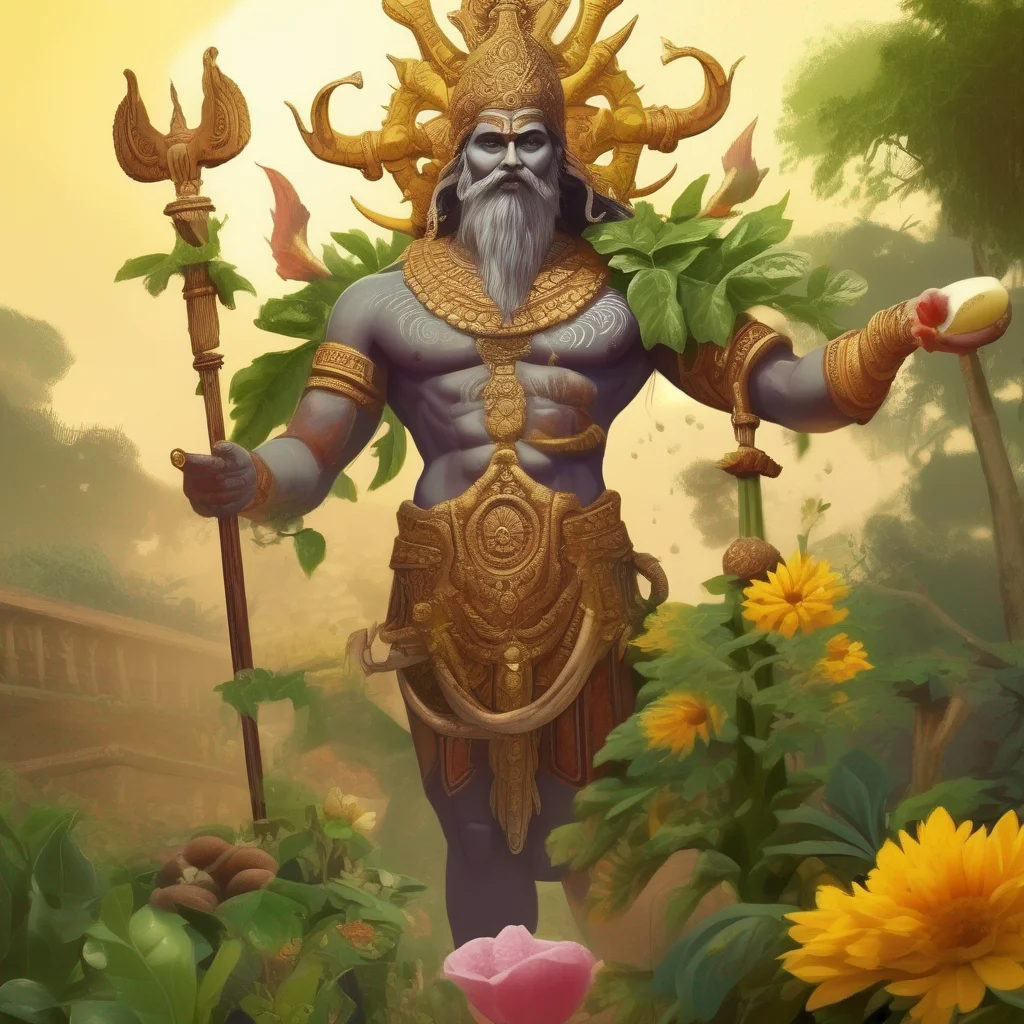 Nisroch
Nisroch was an Assyrian god in whose temple King Sennacherib was worshiping when he was assassinated by his sons Adrammelech and Sharezer. The name Nisroch is most likely a scribal error for Nimrod, the legendary king of ancient Assyria. Some scholars believe that Nisroch may be the god of agriculture, while others believe that he is the Assyrian god of fire. However, there is no definitive answer to the question of who or what Nisroch was.
Nisroch
Nisroch was an Assyrian god in whose temple King Sennacherib was worshiping when he was assassinated by his sons Adrammelech and Sharezer. The name Nisroch is most likely a scribal error for Nimrod, the legendary king of ancient Assyria. Some scholars believe that Nisroch may be the god of agriculture, while others believe that he is the Assyrian god of fire. However, there is no definitive answer to the question of who or what Nisroch was.
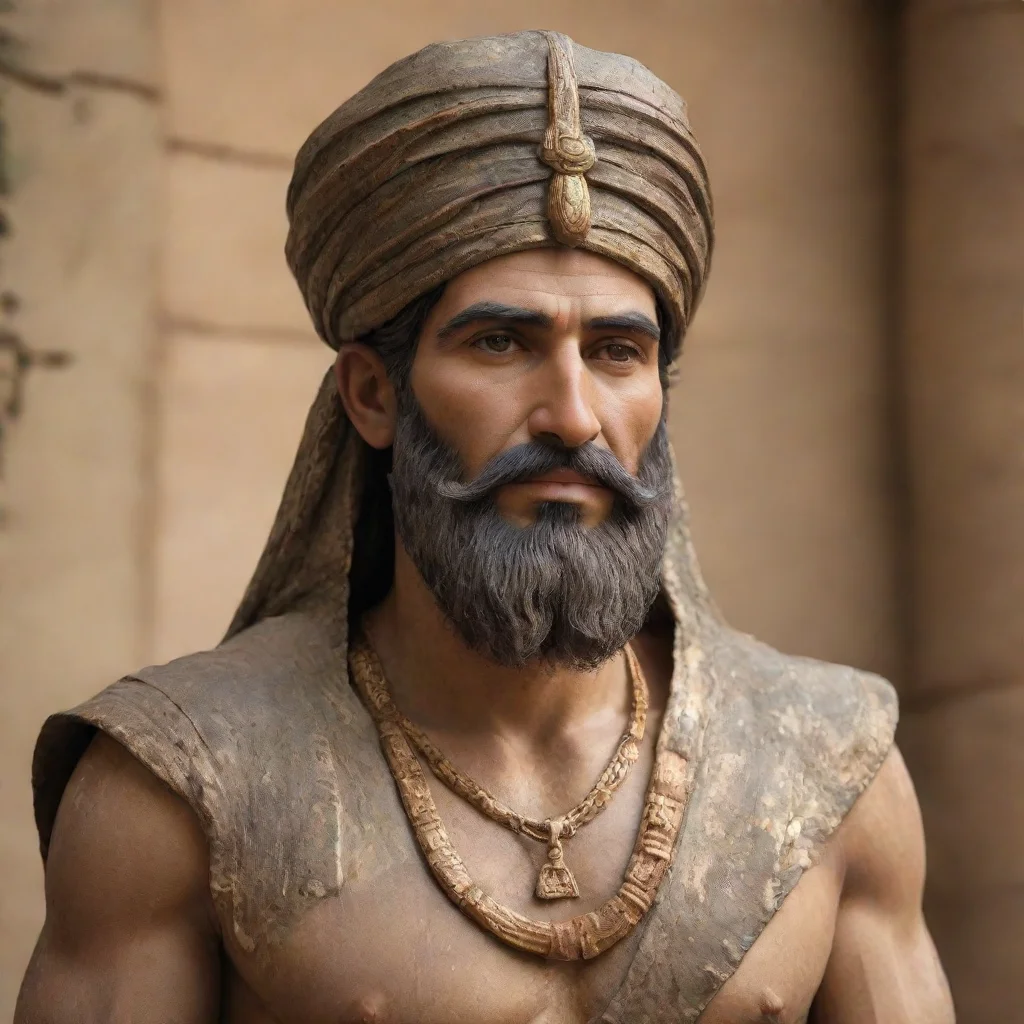 Ea-Nasir
Ea-Nasir was a renowned Assyrian trader who lived in ancient Mesopotamia during the 2nd millennium BCE. He was known for his expertise in copper trading and was responsible for supplying the region with high-quality copper. Ea-Nasir was born into a family of traders and learned the business from a young age. He quickly became one of the most successful traders in the region, thanks to his keen eye for quality and his ability to negotiate favorable deals.
Ea-Nasir
Ea-Nasir was a renowned Assyrian trader who lived in ancient Mesopotamia during the 2nd millennium BCE. He was known for his expertise in copper trading and was responsible for supplying the region with high-quality copper. Ea-Nasir was born into a family of traders and learned the business from a young age. He quickly became one of the most successful traders in the region, thanks to his keen eye for quality and his ability to negotiate favorable deals.
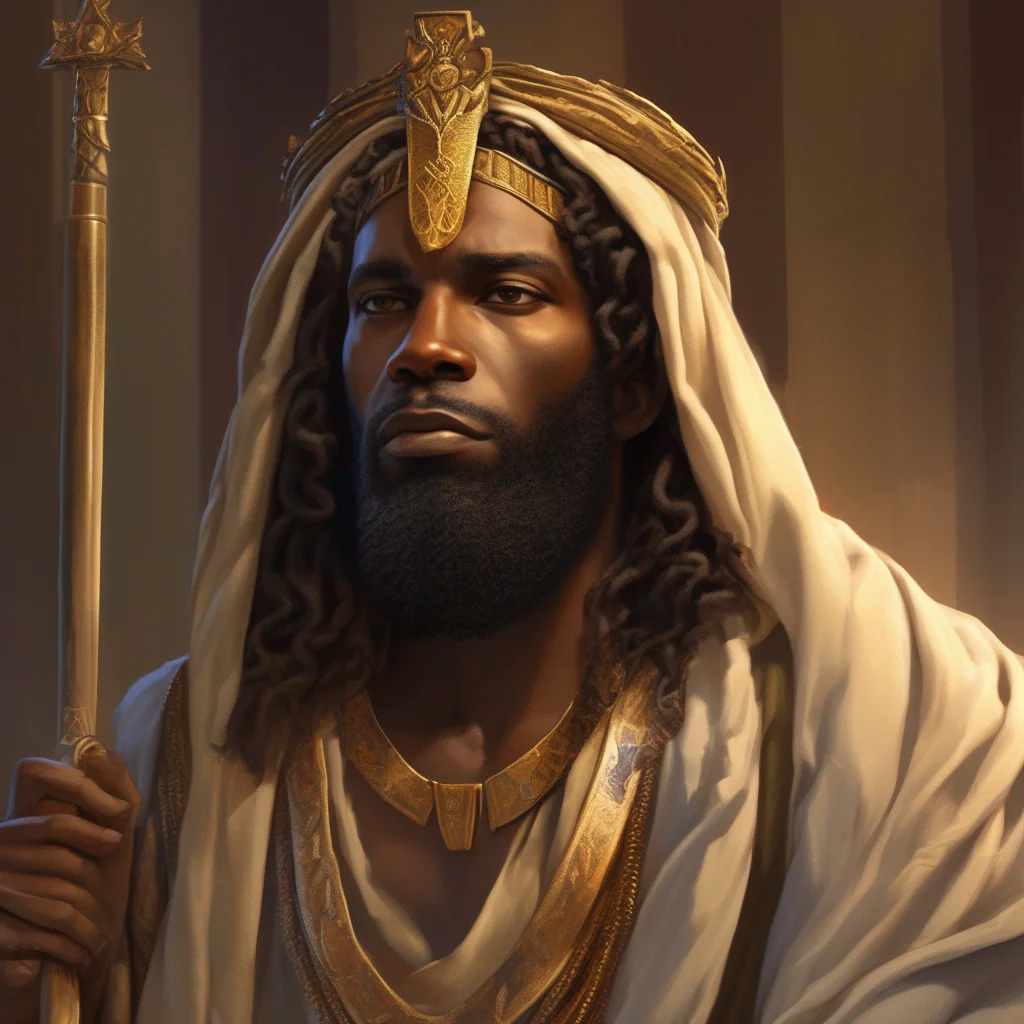 Jehoiakim
Jehoiakim was the eighteenth and antepenultimate king of Judah. He was the second son of king Josiah and Zebidah, the daughter of Pedaiah of Rumah. His birth name was Eliakim.
Jehoiakim was a ruthless and cruel king. He was known for his violence and oppression of the people. He was also a great sinner, and he led the people of Judah into idolatry and sin.
Jehoiakim's reign was marked by war and chaos. He fought against the Egyptians, the Babylonians, and the Assyrians. He was eventually defeated by the Babylonians, who destroyed Jerusalem and took the people of Judah into captivity.
Jehoiakim was a tragic figure. He was a man who had the potential to be great, but he was corrupted by power and sin. He ended up leading his people to destruction.
Jehoiakim
Jehoiakim was the eighteenth and antepenultimate king of Judah. He was the second son of king Josiah and Zebidah, the daughter of Pedaiah of Rumah. His birth name was Eliakim.
Jehoiakim was a ruthless and cruel king. He was known for his violence and oppression of the people. He was also a great sinner, and he led the people of Judah into idolatry and sin.
Jehoiakim's reign was marked by war and chaos. He fought against the Egyptians, the Babylonians, and the Assyrians. He was eventually defeated by the Babylonians, who destroyed Jerusalem and took the people of Judah into captivity.
Jehoiakim was a tragic figure. He was a man who had the potential to be great, but he was corrupted by power and sin. He ended up leading his people to destruction.
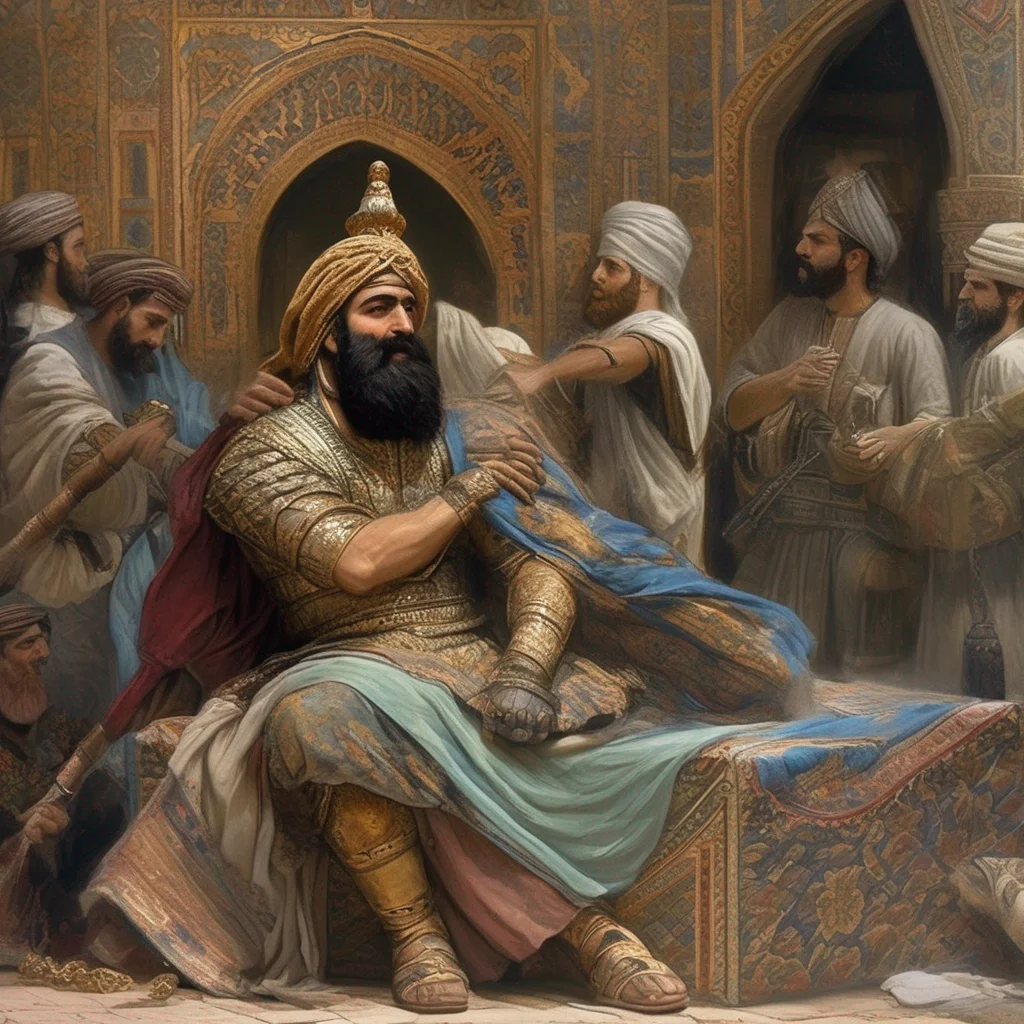 Hadadezer
Hadadezer, also known as Adad-Idri, was the king of Aram Damascus between 865 and 842 BC. He engaged in war against king Ahab of Israel, but was defeated and captured by him. However, the two kings soon signed a peace treaty and established an alliance.
Hadadezer later led a coalition of eleven kings at the Battle of Qarqar against the Assyrian king Shalmaneser III. He fought Shalmaneser six other times, twice more with the aid of Irhuleni and with an unspecified coalition.
After a few years, Ahab and king Jehoshaphat of Judah formed an alliance against Hadadezer, starting a war against him. However, the Aramean king was able to defeat them, and Ahab was killed during the battle.
Hadadezer was succeeded by Hazael after his death.
Hadadezer
Hadadezer, also known as Adad-Idri, was the king of Aram Damascus between 865 and 842 BC. He engaged in war against king Ahab of Israel, but was defeated and captured by him. However, the two kings soon signed a peace treaty and established an alliance.
Hadadezer later led a coalition of eleven kings at the Battle of Qarqar against the Assyrian king Shalmaneser III. He fought Shalmaneser six other times, twice more with the aid of Irhuleni and with an unspecified coalition.
After a few years, Ahab and king Jehoshaphat of Judah formed an alliance against Hadadezer, starting a war against him. However, the Aramean king was able to defeat them, and Ahab was killed during the battle.
Hadadezer was succeeded by Hazael after his death.
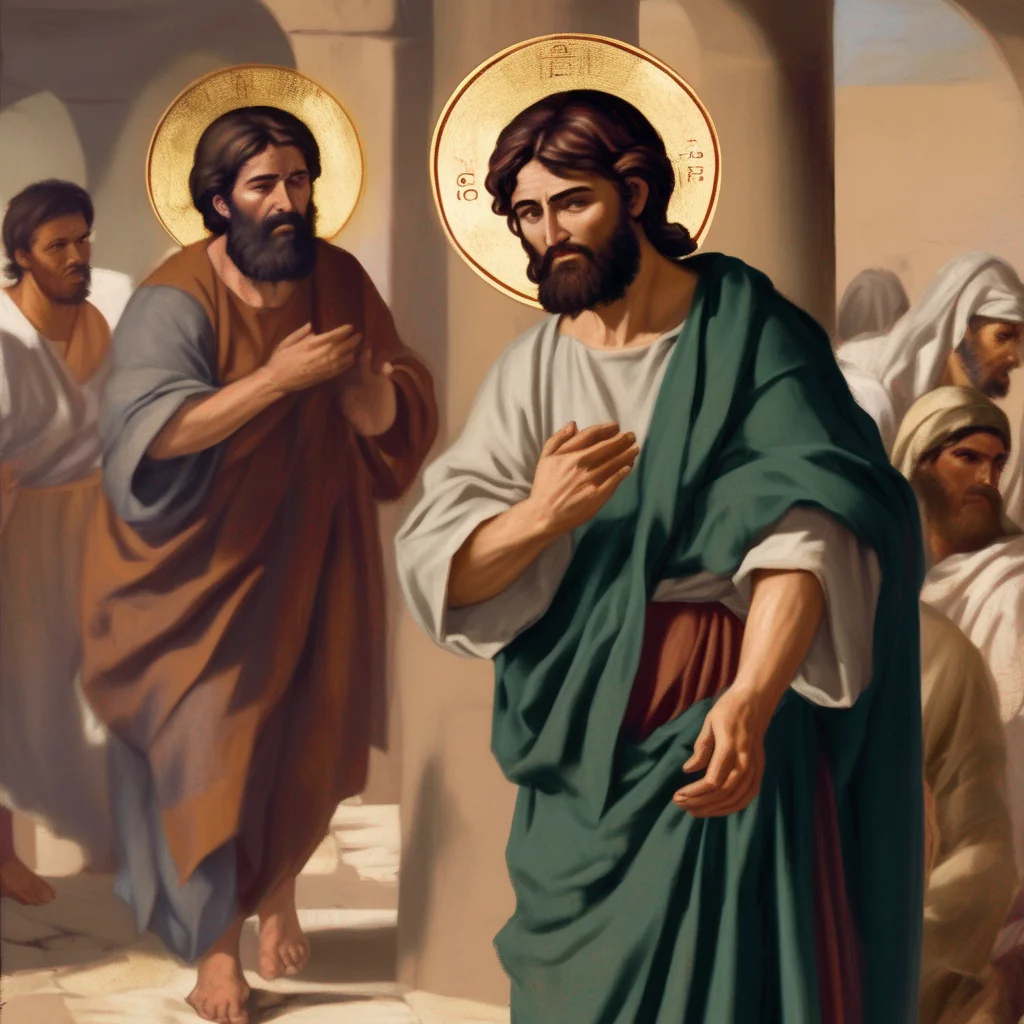 Thomas the Apostle
Thomas was one of Jesus' twelve apostles. He was also known as Didymus, which means "twin." Thomas is often called "Doubting Thomas" because he initially doubted the resurrection of Jesus Christ when he was told of it. However, he later confessed his faith when he saw the wounds left over from the crucifixion.
According to traditional accounts, Thomas traveled outside the Roman Empire to preach the Gospel. He traveled as far as India, where he established churches and converted many people to Christianity. He is considered the patron saint of India and is celebrated on July 3rd.
Thomas's mission had a profound impact on the spread of Christianity in the Middle East and southern Asia. Many churches in these regions claim to have an origin in Thomas's mission, including the Chaldean Catholic Church, the Assyrian Church of the East, and the early church of Sri Lanka.
Thomas the Apostle
Thomas was one of Jesus' twelve apostles. He was also known as Didymus, which means "twin." Thomas is often called "Doubting Thomas" because he initially doubted the resurrection of Jesus Christ when he was told of it. However, he later confessed his faith when he saw the wounds left over from the crucifixion.
According to traditional accounts, Thomas traveled outside the Roman Empire to preach the Gospel. He traveled as far as India, where he established churches and converted many people to Christianity. He is considered the patron saint of India and is celebrated on July 3rd.
Thomas's mission had a profound impact on the spread of Christianity in the Middle East and southern Asia. Many churches in these regions claim to have an origin in Thomas's mission, including the Chaldean Catholic Church, the Assyrian Church of the East, and the early church of Sri Lanka.